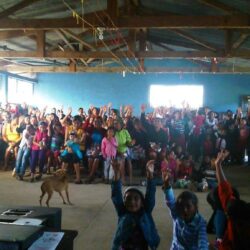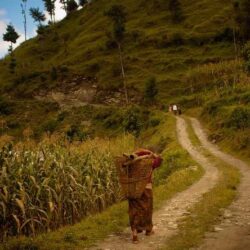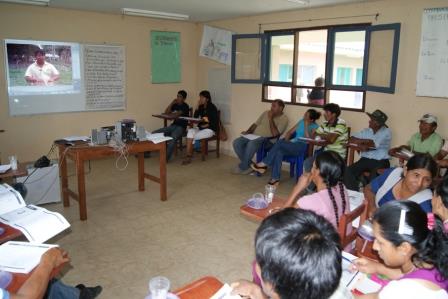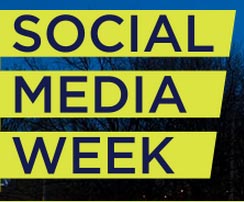Enabling community participation in land governance in Guatemala
Participatory communication is a powerful means to enable the informed and active engagement of individuals and groups in decisions that affect their life. This is the case also with land tenure, and is the focus of a FAO Communication for Development initiative to support the recognition and responsible governance of communal land in Guatemala. Over 1.5 million hectares, 15% of the national territory, is owned collectively, often under traditional or customary tenure systems. Communal lands are in fact





